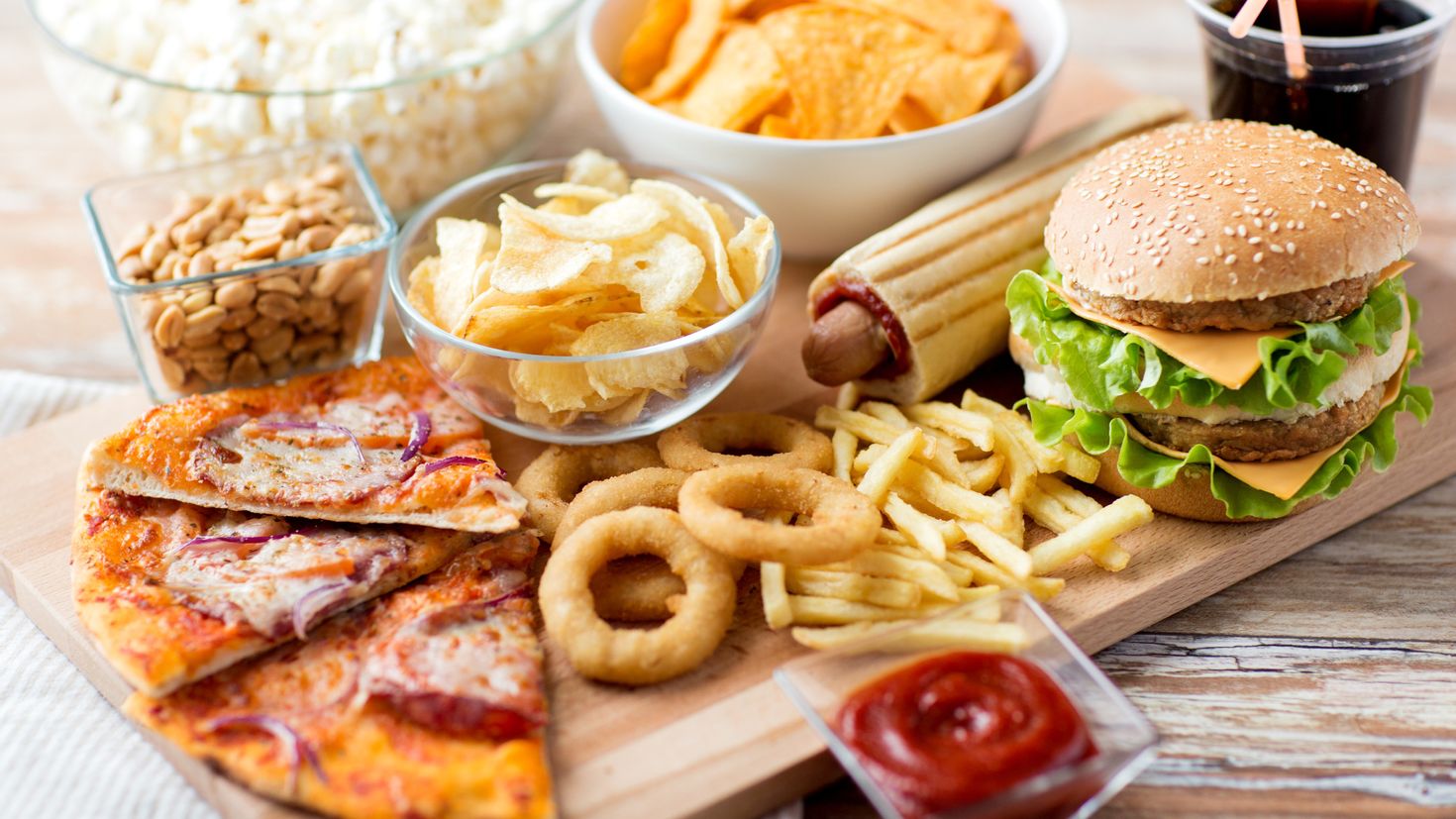Food cravings are a common phenomenon experienced by individuals around the world. They are intense desires for specific types of food, often characterized by a strong urge that can be difficult to resist. While food cravings are generally harmless, they can sometimes indicate underlying physical or emotional needs. In this comprehensive guide, we will explore the facts and myths surrounding food cravings and attempt to unravel the mysteries behind these intense desires.
Understanding Food Cravings:
Food cravings can be classified into two main types: selective and non-selective cravings. Selective cravings refer to a desire for a specific food or type of food, such as chocolate or salty snacks. Non-selective cravings, on the other hand, involve a general desire to eat, without a specific preference for a particular food item.
The Causes of Food Cravings:
There are various factors that can contribute to food cravings. One of the most common causes is a nutrient deficiency. For example, craving chocolate may indicate a need for magnesium, while a craving for red meat might suggest a lack of iron. Hormonal changes, particularly during pregnancy or the menstrual cycle, can also trigger intense food cravings. Emotional factors such as stress, anxiety, or boredom may lead to cravings as well.
Debunking Myths about Food Cravings:
There are several myths surrounding food cravings that need to be addressed. One common myth is that cravings are solely a result of nutrient deficiencies. While this can be a factor, it is not the only explanation. Cravings are often influenced by a combination of physiological, psychological, and social factors. Another myth is that giving in to food cravings is always a bad thing. While it is important to practice moderation and make healthy choices, occasional indulgence in cravings can be a normal part of a balanced diet.
Psychological and Emotional Aspects of Food Cravings:
Food cravings are not always driven by physical needs. Psychological and emotional factors play a significant role as well. Many people use food as a way to cope with stress, sadness, or other negative emotions. This is known as emotional eating. The pleasure and comfort derived from eating certain foods can act as a temporary mood booster, leading to cravings for these foods during times of emotional distress.
The Impact of Food Advertising and Cultural Influences:
Food cravings can also be influenced by external factors, such as advertising and cultural norms. The food industry invests significant resources in marketing strategies that aim to create cravings for specific products. The constant exposure to enticing food advertisements can trigger cravings, even when there is no physiological need for the food being promoted. Similarly, cultural traditions and social environments can shape our cravings by associating certain foods with comfort, celebration, or reward.
Strategies for Managing Food Cravings:
While it is normal to experience food cravings, it is essential to manage them in a healthy and balanced way. Here are some strategies that can help:
- Recognize the triggers: Pay attention to what triggers your cravings. Is it a specific emotion, situation, or time of day? Identifying the triggers can help you find alternative ways to address them.
- Practice mindful eating: Before giving in to a craving, take a moment to assess your hunger levels and consider healthier alternatives. Engage your senses by savoring the flavors and textures of the foods you choose.
- Find alternative activities: Instead of turning to food when experiencing cravings, find alternative activities that can distract or fulfill you. Engage in physical exercise, spend time with loved ones, or pursue hobbies that bring you joy.
- Maintain a balanced diet: Ensure that you are consuming a balanced diet that includes a variety of nutrient-rich foods. This can help reduce cravings caused by nutrient deficiencies.
- Seek support if needed: If you struggle with managing food cravings or emotional eating, consider seeking support from a registered dietitian, therapist, or support group. They can provide guidance and tools to help you develop a healthier relationship with food.
Conclusion:
Food cravings are a complex phenomenon influenced by a combination of physiological, psychological, and social factors. While they can sometimes indicate nutrient deficiencies or emotional needs, they are not always a cause for concern. By understanding the triggers and implementing healthy strategies to manage cravings, it is possible to develop a balanced and mindful approach to eating. Remember, it’s essential to listen to your body and nourish it in a way that promotes overall well-being.
- Fruity Delights: My Melo THC Beverage Adventure! - April 23, 2024
- Fruity Fusion: My Melo THC Beverage Escapade! - April 23, 2024
- Dr. Laura Geige Explores the Benefits of Polynucleotides - April 5, 2024







